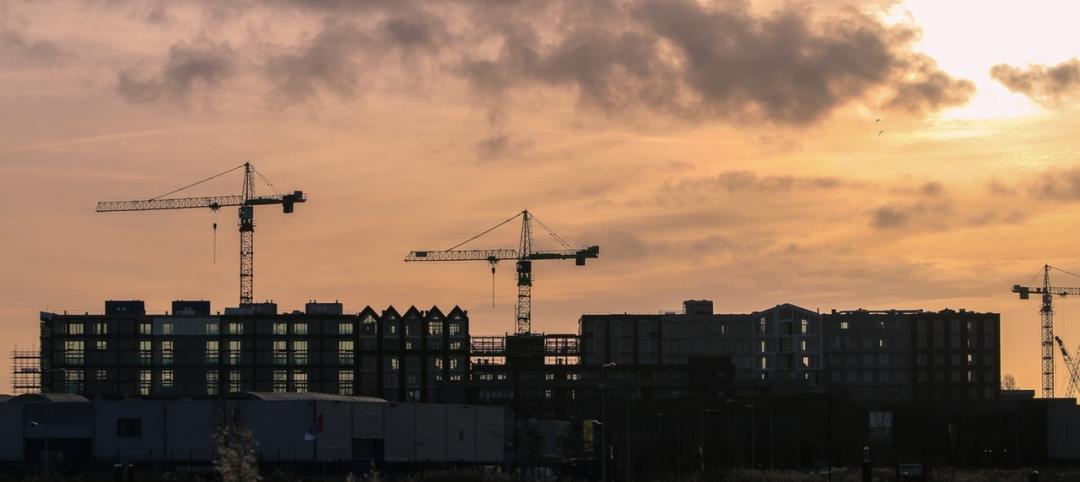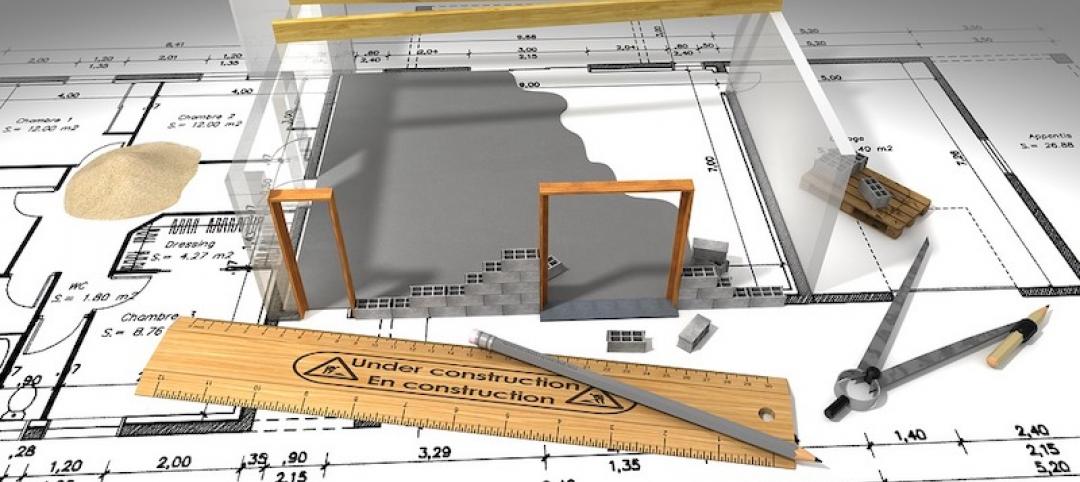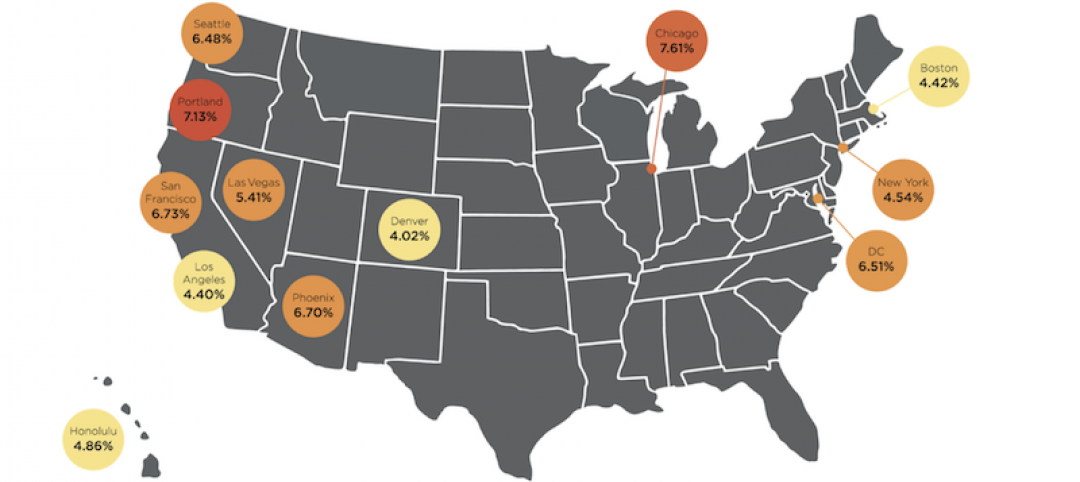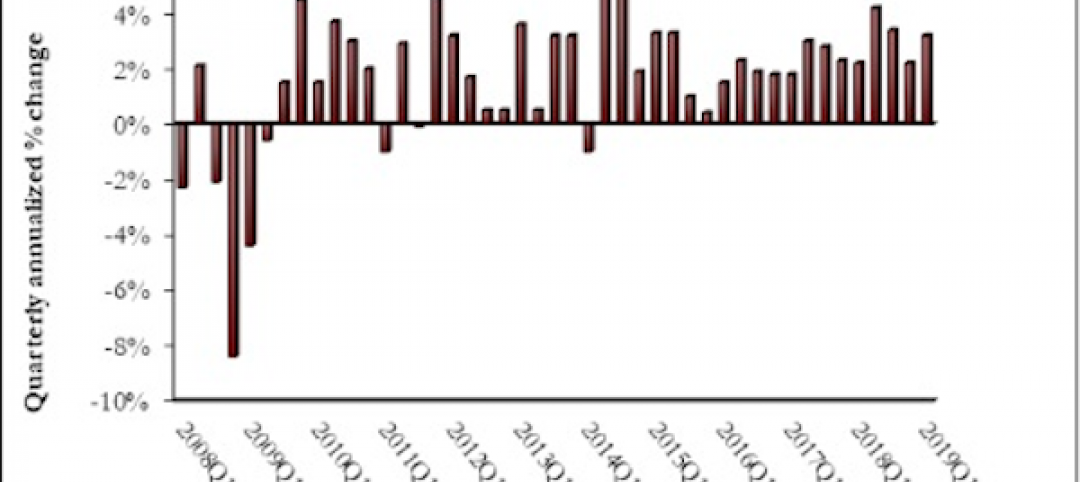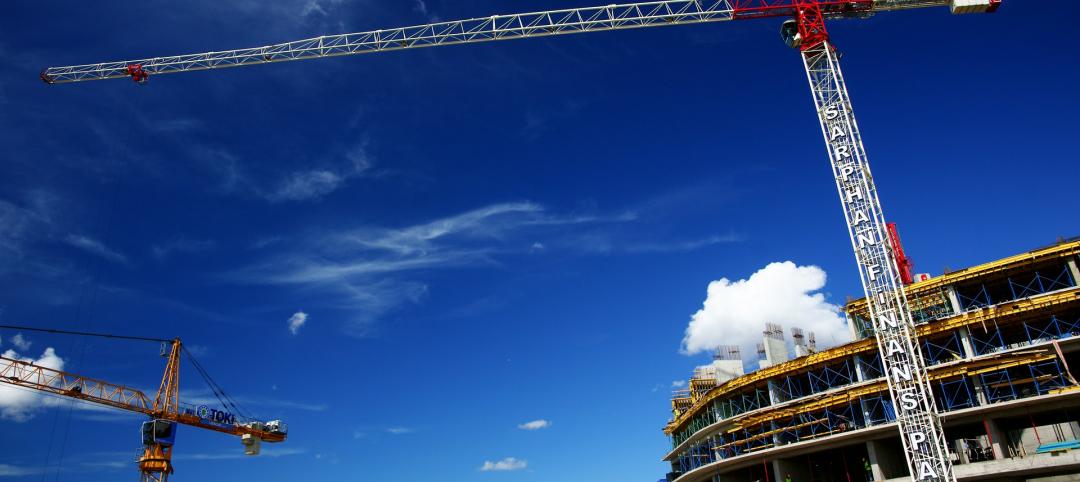As communities across the US initiate phased reopening plans, The American Institute of Architects (AIA) is releasing new resources today to support employers, public officials and design professionals with re-occupying buildings more safely.
“Communities need guidance for reopening buildings safely during the pandemic,” said 2020 AIA President Jane Frederick, FAIA. “This initiative used credible science and current infectious disease data to develop practical strategies that can help businesses reopen their doors more safely during this pandemic.”
AIA’s initiative included a team of architects, public health experts, engineers, and facility managers who developed strategies to reduce the risk of COVID-19 transmission in buildings, promote social distancing standards, and enhance wellbeing in communities transitioning to new lifestyle norms. A comprehensive report of the initiative is available on AIA’s website.
Initial outcomes from the team were used to develop new and enhanced tools that can assist employers, building owners, and design teams with best practices to protect the health, safety and welfare of the public while providing services.
- Tool #1 - Risk Management Plan for Buildings – Provides a comprehensive process for assessing hazards in buildings and reducing risk. This methodology not only can be applied during the pandemic but for all shocks and stresses to create more resilient buildings and businesses.
- Tool #2 - AIA Re-occupancy Assessment Tool (2.0) - Provides an enhanced framework of strategies for re-opening buildings, including restaurants, retailers, offices, senior living facilities, schools and housing.
- Tool #3 - COVID-19 ArchMap – Architects can now input design strategies that mitigate risk of COVID-19 for any building type to AIA’s map. The map is produced in partnership with the University of Kansas’ Institute of Health + Wellness Design and intended to facilitate design innovation.
Outcomes from the charettes are also being used to develop tailored strategies and considerations for offices, retailers, schools, and senior living facilities. Individualized reports will be released in phases, in the near future.
AIA’s team used a virtual charrette workshop-a method used to study specific issues in a limited time frame using an intense brainstorming session-to develop the strategies.
As part of the sessions, a group of public, environmental, and occupational health experts and physicians provided an independently developed, 90-minute briefing on SARS-CoV-2 infectious disease transmission, epidemiological models, and insights into the most current research of the virus as of early May.
A complete summary of the public health briefing is available online.
Visit AIA’s website for more COVID-19 resources for architects.
Related Stories
Market Data | Jun 3, 2019
Nonresidential construction spending up 6.4% year over year in April
Among the 16 sectors tracked by the U.S. Census Bureau, nine experienced an increase in monthly spending, led by water supply and highway and street.
Market Data | Jun 3, 2019
4.1% annual growth in office asking rents above five-year compound annual growth rate
Market has experienced no change in office vacancy rates in three quarters.
Market Data | May 30, 2019
Construction employment increases in 250 out of 358 metros from April 2018 to April 2019
Demand for work is outpacing the supply of workers.
Market Data | May 24, 2019
Construction contractors confidence remains high in March
More than 70% of contractors expect to increase staffing levels over the next six months.
Market Data | May 22, 2019
Slight rebound for architecture billings in April
AIA’s ABI score for April showed a small increase in design services at 50.5 in April.
Market Data | May 9, 2019
The U.S. hotel construction pipeline continues to grow in the first quarter as the economy shows surprising strength
Projects currently under construction stand at 1,709 projects/227,924 rooms.
Market Data | May 9, 2019
Construction input prices continue to rise
Nonresidential input prices rose 0.9% compared to March and are up 2.8% on an annual basis.
Market Data | May 7, 2019
Construction costs in major metros continued to climb last year
Latest Rider Levett Bucknall report estimates rise at more than double the rate of 2018 Growth Domestic Product.
Market Data | Apr 29, 2019
U.S. economic growth crosses 3% threshold to begin the year
Growth was fueled by myriad factors, including personal consumption expenditures, private inventory investment, surprisingly rapid growth in exports, state and local government spending and intellectual property.
Market Data | Apr 18, 2019
ABC report: 'Confidence seems to be making a comeback in America'
The Construction Confidence Index remained strong in February, according to the Associated Builders and Contractors.



